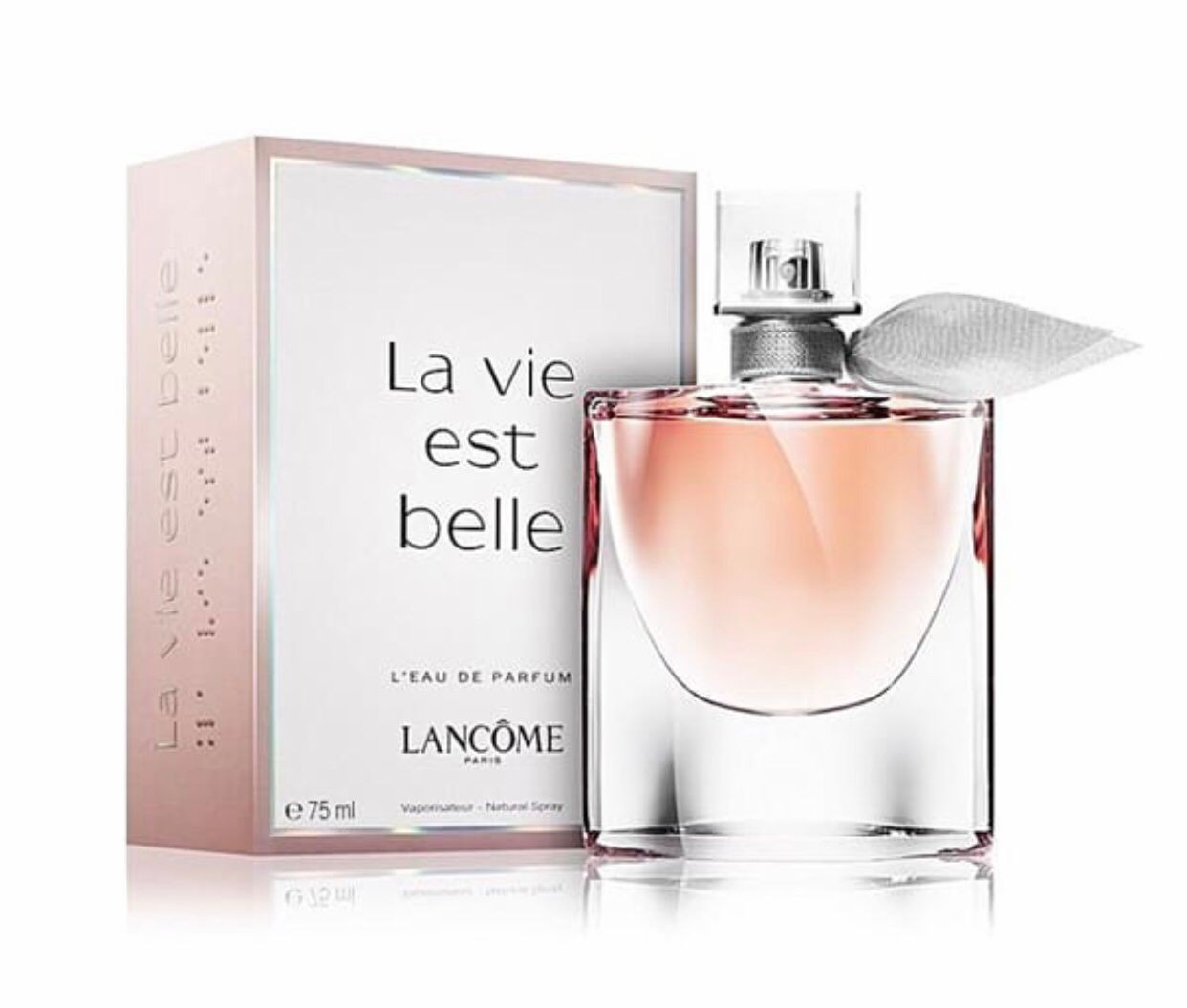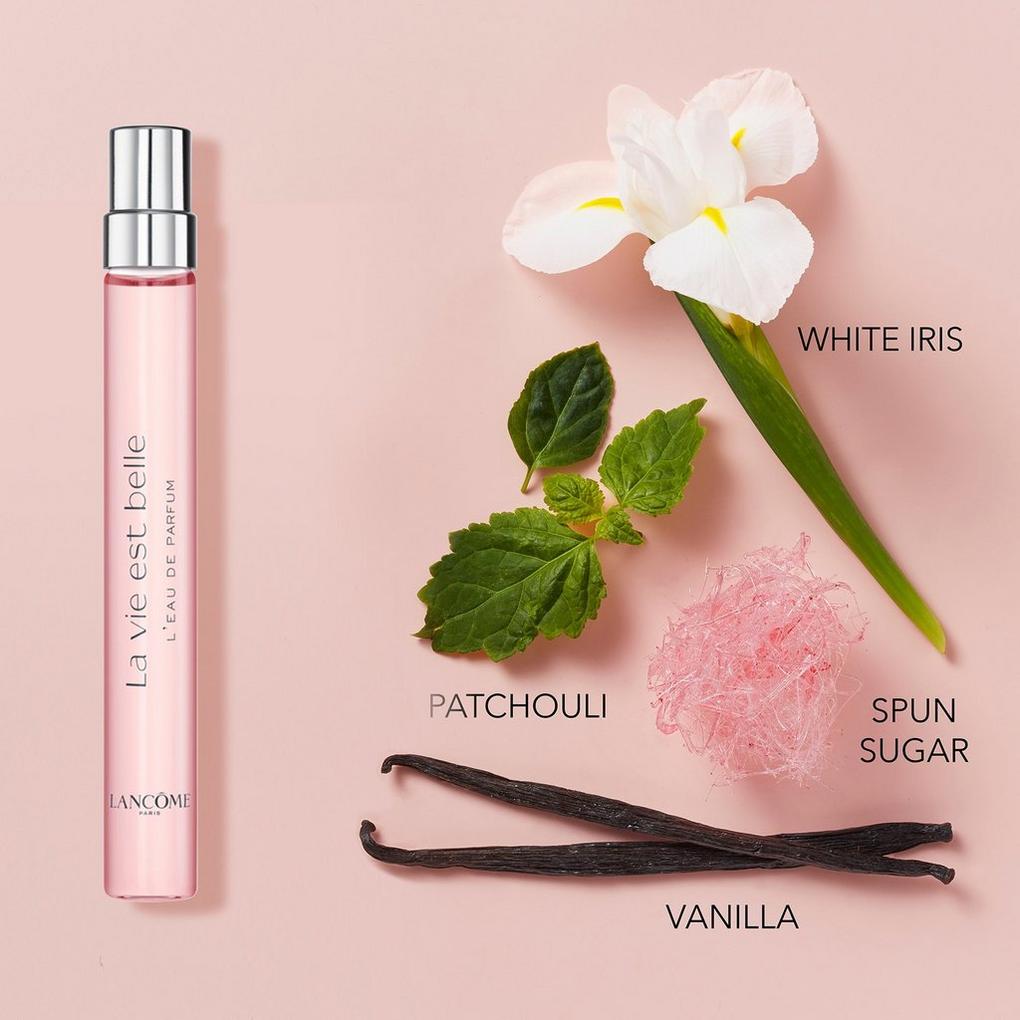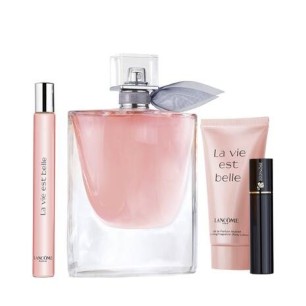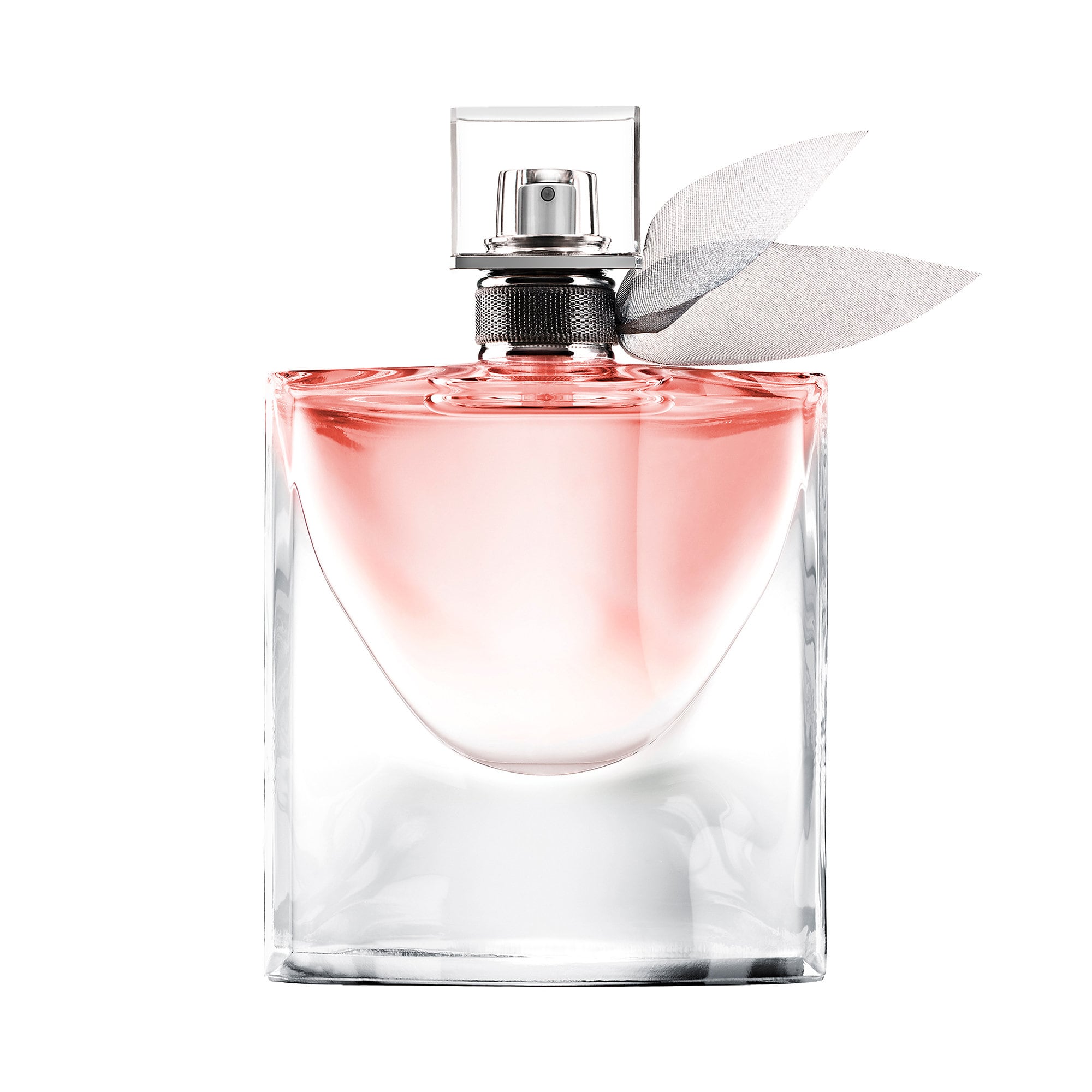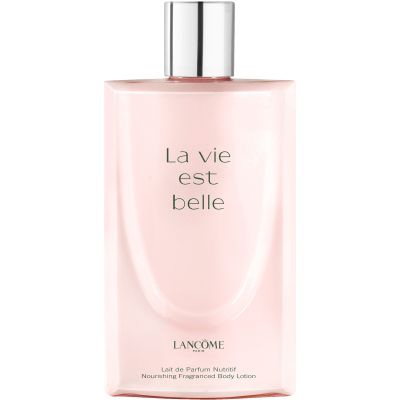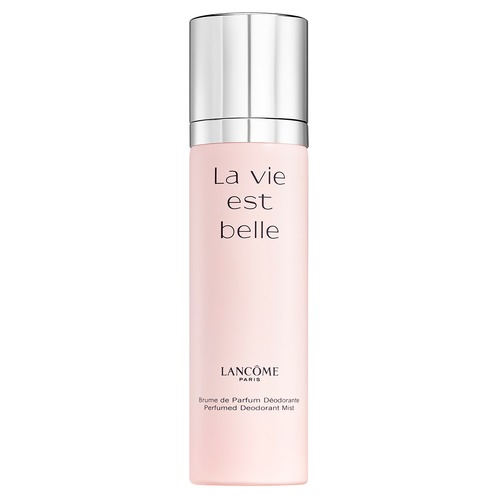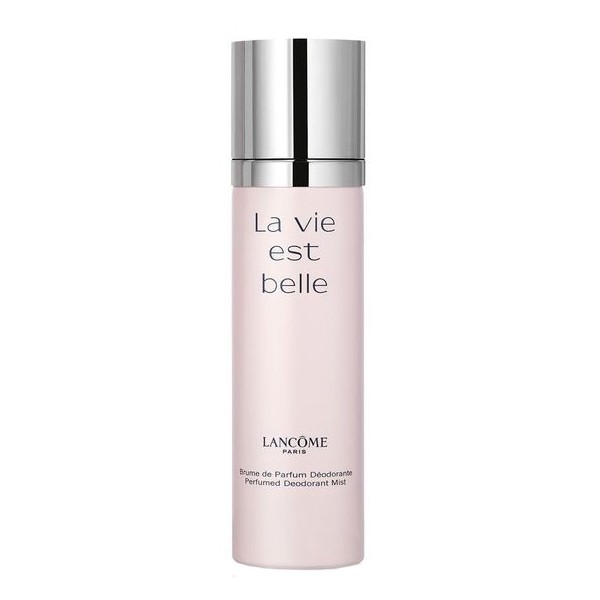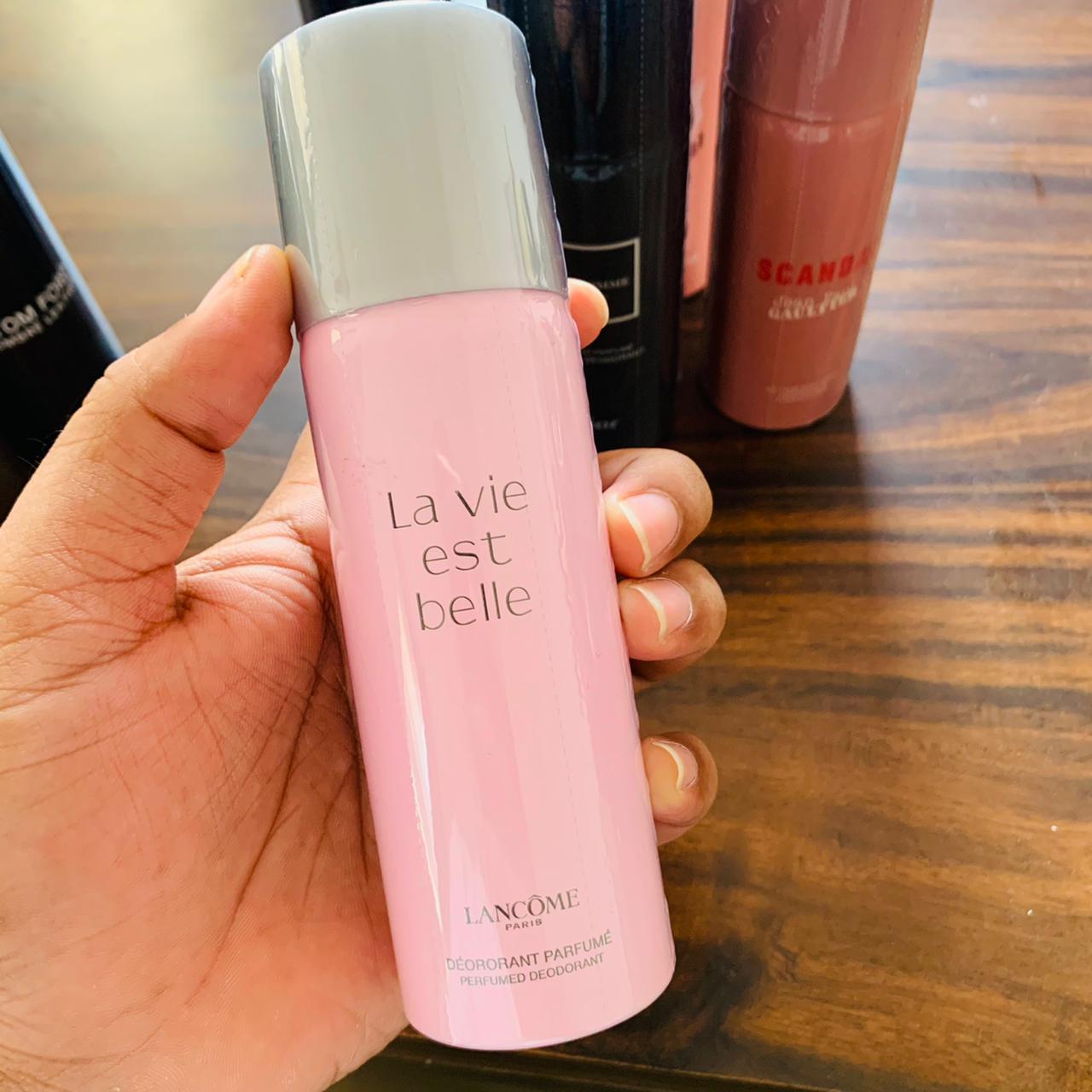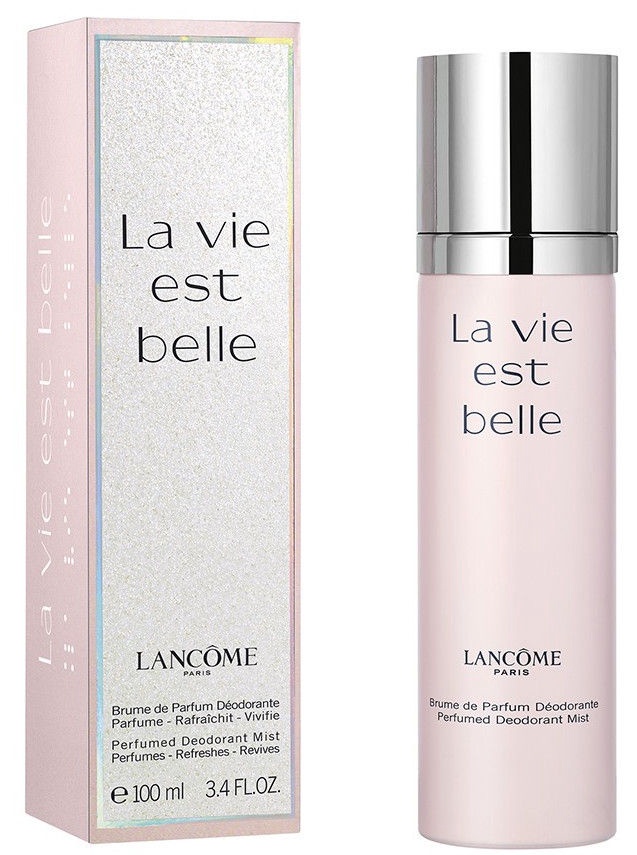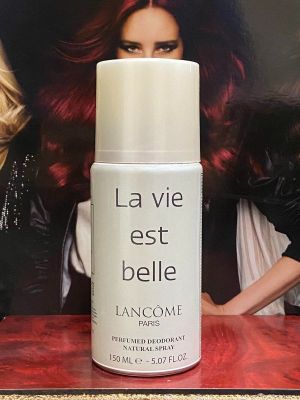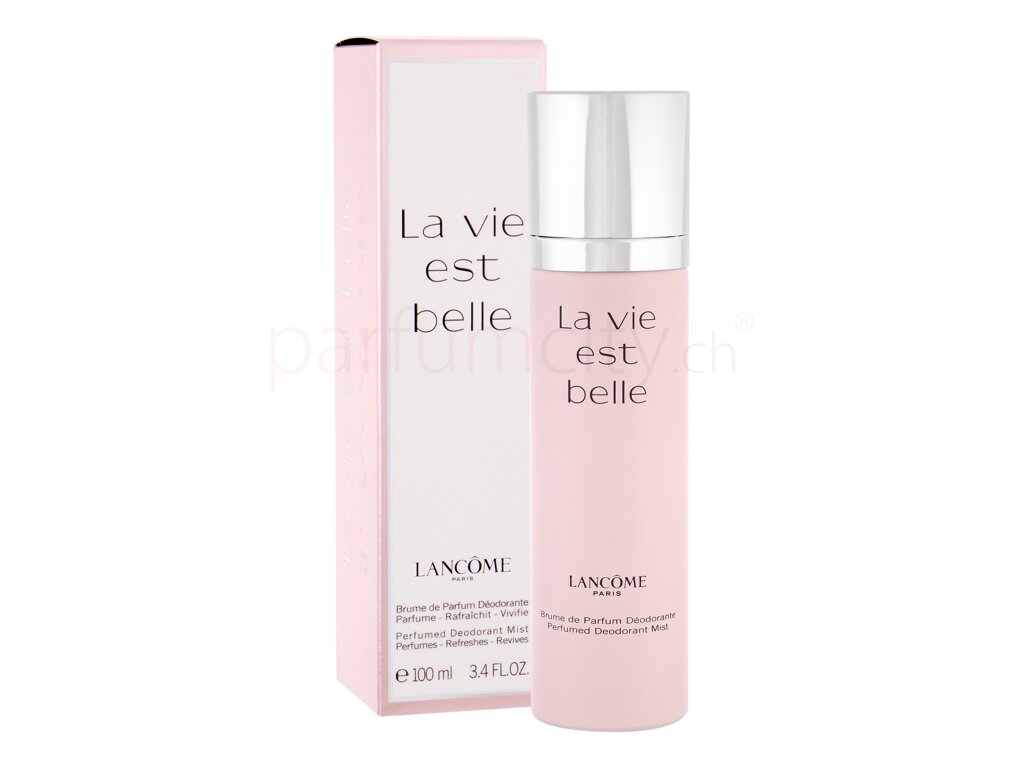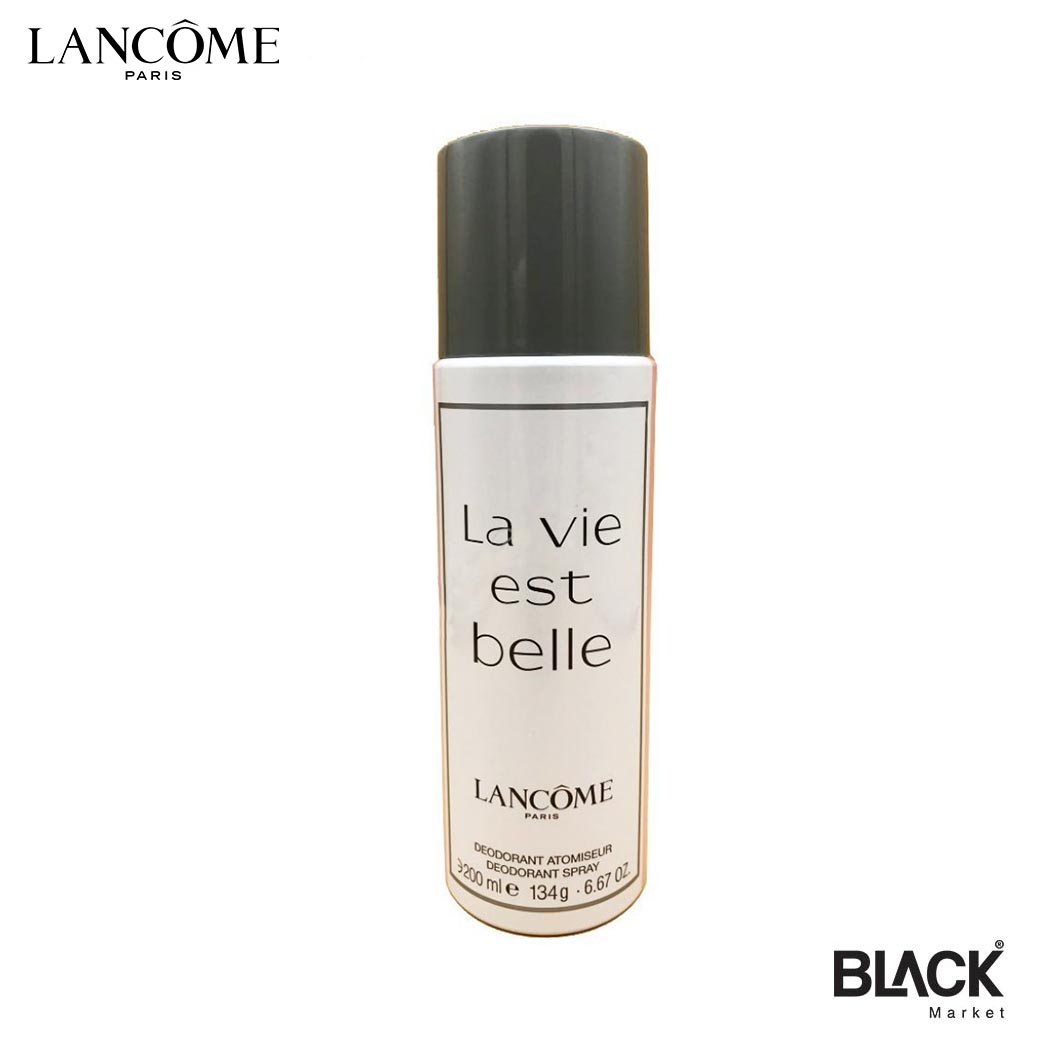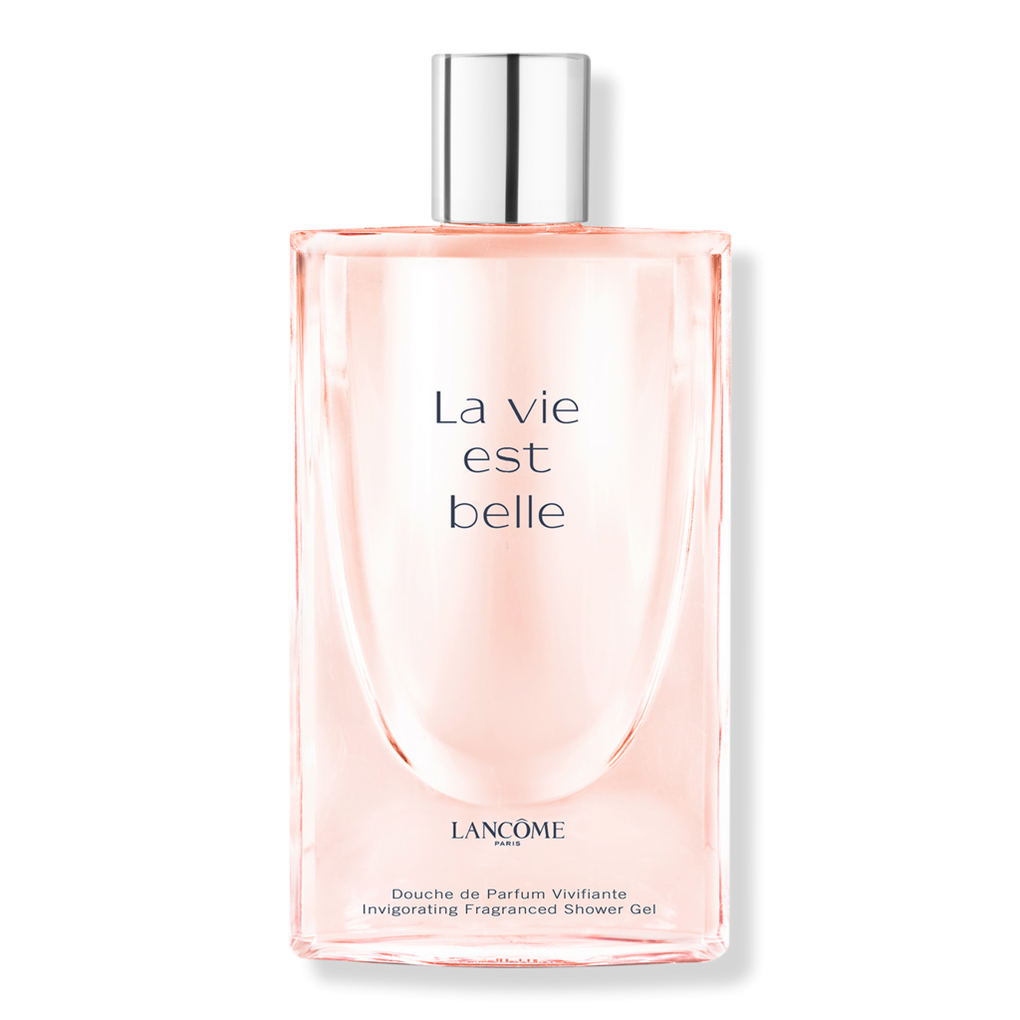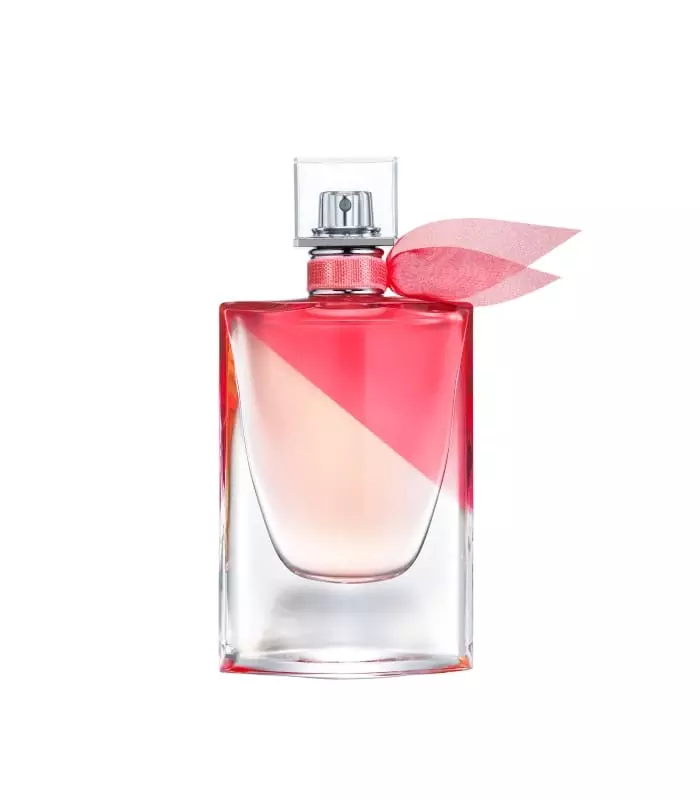
LA VIE EST BELLE EN ROSE Eau de Toilette Vaporisateur Lancôme - La Vie est Belle - PARFUMS FEMME - Parfumdo

Maison Alhambra La Vita Bella Intensa deodorant (The aroma is close Lancome La Vie Est belle Intense).

La Vie Est Belle Women's Long Lasting Light Fragrance Mist Deodorant 75 Ml/2.5floz - Deodorants - AliExpress

La Vie Est Belle Lancome Spray La Vie Est Belle LEau de Parfum Legere by Lancome EDP 75ml, Tester Perfume Lancôme Cosmetics, La Vie Est Belle, La Vie Est Belle, Lancome, Spray



